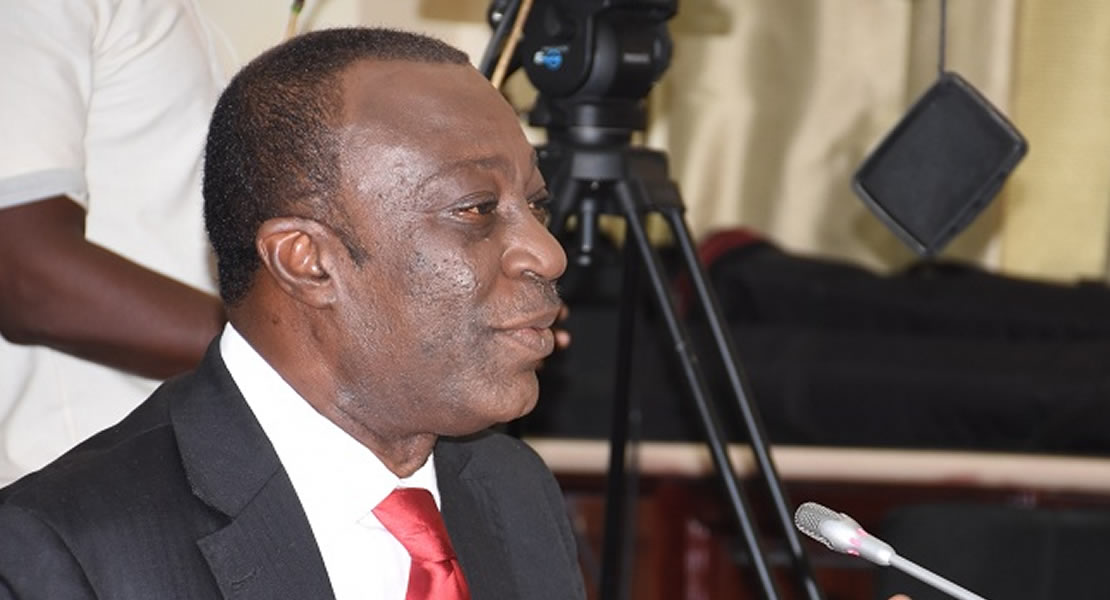
A former Finance Minister under the erstwhile Kufuor administration, Dr. Anthony Akoto Osei is asking Ghanaians to brace themselves for more hardship as the country seeks a bailout from the International Monetary Fund (IMF).
According to the ranking Member of Parliament’s Finance committee, Ghanaians should expect job losses and hikes in utility tariffs which will be compounded by general increments in the prices goods and services.
Government has announced it will seek financial aid from the IMF to help strengthen the country’s currency.
Ghana’s economy has been declining with the cedi rapidly depreciating by 27% against major trading currencies since the beginning of 2014.
The Ghana cedi has been ranked as one of the worst performing currencies in the world.
The country is also grappling with high inflation rates, increased tariffs, and high cost of petroleum prices due to the removal of fuel subsidies by the government.
These existing socio-economic hardships have forced various labour organizations to demonstrate against the government for failing to resolve the challenges.
Many of the nation’s opposition parties have also chastised the government for its ineffective economic policies and poor management of economy.
But the President, John Mahama has continuously been assuring citizens that the difficulties will soon be over.
The old Tafo lawmaker however believes the bailout from the IMF will improve investor confidence because “they will see that somebody is helping us see discipline.”
He however added that more hardships will be experienced between now and 2017.
“I think that we should be ready for things to be tough,” he remarked.
Meanwhile, the head of the Political Committee of the Convention People’s Party (CPP), Ekow Duncan told Citi News, the move is not in the best interest of the country.
“The IMF bailout is not appropriate,” he said, adding that government should rather focus on home-grown strategies.
“Go for home-grown stabilization measures because if you borrow from the IMF in dollars, it is a very precarious situation.”
According to him, it is evident that the government is not serious about seeking an IMF bailout, “and I don’t expect that to happen but they don’t want a backlash so they might do it.”
The IMF has been critical of the level of subsidies and taxes in Ghana.
Questions have been raised as to whether an IMF programme will result in more taxes and higher petroleum and utility prices.
Economist, Dr John Gatsi indicates this will depend on the orientation of representatives negotiating for Ghana.
He explained that Ghana will present a set of strategies and projects to the IMF which will subsequently be studied by the IMF and inputs will be made.
“It is not the place of the IMF to indicate that without this particular one I will not come in,” he clarified, adding that the IMF “may select and choose but the underlining and driving force… is about partnership.”
Dr. Gatsi mentioned that Ghana has future financial and economic prospects “and so it is in this line that going into the IMF now is more flexible now than the days that we were only takers at the negotiating table.”
He urged Ghanaians not to worry over the possible hardship but rather, the team which will negotiate on behalf of Ghana.
“What is their orientation? If their orientation is towards the upfront removal of subsidies…so we should rather check on those who will be representatives of Ghana in discussing the issues of subsidies,” he cautioned.
citifmonline.com